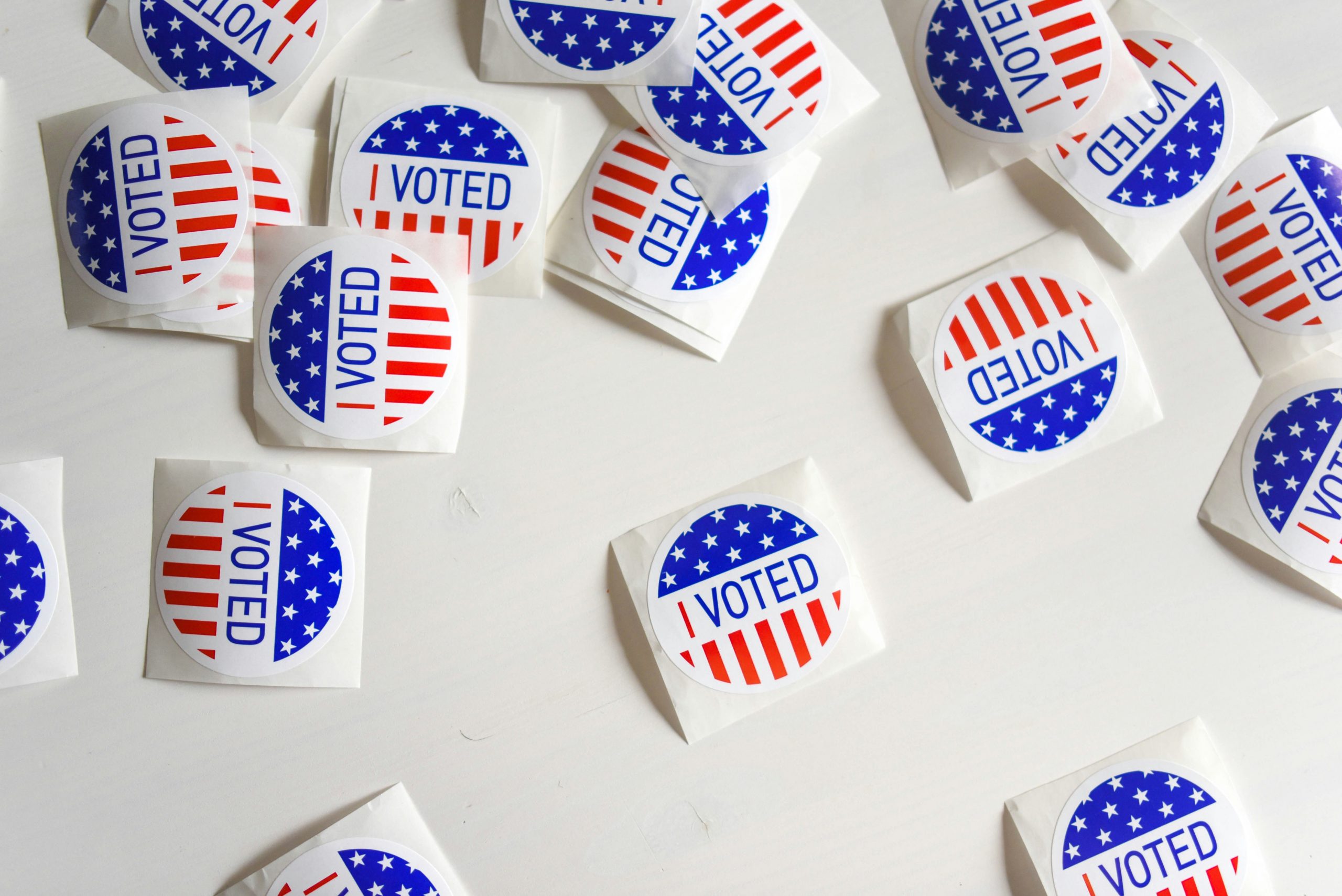
Life&Style Writer Zoë Maddock discusses whether celebrities are too central in US politics and the risks involved
It feels as though the recent US election was shrouded in celebrity endorsements and a constant demand for public figures to weigh-in on the political landscape. The cultural zeitgeist seemed to move away from idolising celebrities during the pandemic, but in the build-up to the election people demanded celebrities endorse a candidate. There are pros and cons to endorsement, but this election cycle has highlighted why relying on celebrities for a political statement may be fighting a losing battle. It raises questions about how far celebrity support should go, and at what point does endorsement shift towards coercion?
One of the first, and most iconic, endorsements of a US candidate was Charli xcx’s ‘Kamala IS brat’ tweet, which has since had a whopping 56.1 Million views on X. Despite it being a joking statement capitalising on the success of her album coinciding with Harris’ emergence into the race; Charli came under criticism for supporting the Democrat. Fans took Charli’s statement as a glorification of Harris, who has been criticised heavily for her views on Israel, and expressed disappointment that Charli was backing the candidate. So, are there issues with how people interpret endorsement through this absolutist lens?
Relying on celebrities for a political statement may be fighting a losing battle
A YouGov poll revealed that ‘about one in 10 Americans (11%) say a celebrity has ever caused them to reconsider their stance on a political issue’, showing that these endorsements do have some effect on the voting public. It is likely that those who are tuned in to what celebrities are saying about politics are the young voters who are being exposed to the political landscape for the first time. As a later entry into the race, Harris’ campaign relied more on celebrities to boost her candidacy into the public consciousness. Furthermore, as the prospect (and now reality) of another Trump presidency loomed, it felt like endorsements were a desperate attempt to get young people involved in voting for the candidate who is not a convicted felon.
During her campaign, Harris received support from countless major celebrities: Taylor Swift, Viola Davis, and Beyoncé, to name a few. Trump has seen support from the likes of Elon Musk, Jake Paul, and Joe Rogan. Clearly, there is a stark difference in the names willing to associate themselves with each candidate. Harris garnered a diverse group of respected celebrities to support her, while Trump boasts endorsements from white men who are known to attract controversy (fitting).
There is a stark difference in the names willing to associate themselves with each candidate
Endorsements serve to engage potential voters and encourage participation in democracy, which is undeniably positive. However, are there issues when endorsement becomes coercion? Enter: Elon Musk.
When celebrities endorse a political candidate, often it is no more than that: an offering of a political opinion to the general public. However, Elon Musk took his endorsement to the extreme. Musk spent the latter half of the campaign encouraging people to register to vote by offering $1 Million to those who signed a petition saying they registered. He also donated $118 Million to the Republican super PAC ‘America PAC’ and using X (a platform he owns) to fuel the fires of misinformation and stoke culture wars in support of Trump.
Musk’s actions stray from simple endorsement and into coercion. Those given $1 million by Musk were likely already in his right-wing echo chamber or felt a pressure to vote in Musk’s best interest. Musk spent the election campaign using his influence to change the narrative of the election in ways that are legal, but do not feel moral, potentially setting a worrying precedent for the future of celebrity influence in elections.
Musk’s actions stray from simple endorsement and into coercion
When Chappell Roan told The Guardian in September that she was not going to endorse a candidate due to ‘problems on both sides’, she was met with incessant backlash online. Ironically, in the same quote, Roan implored fans to ‘use critical thinking’, and if you have been acquainted with Roan’s politics you would know she is outspoken in her support for left-wing issues such as queer rights and the liberation of Palestine. Her political leaning is clear, so why does she need to endorse a candidate that she doesn’t support?
When celebrities are pushed to endorse a candidate, is the support genuine or just good PR? In the run up to this election, Harris was the candidate for celebrities, with her ‘When we vote, we win’ rallies hosting musical performances from Bruce Springsteen and Lady Gaga. However, was endorsing Harris an easy way for celebrities to gain good PR? Considering the immense backlash Chappell Roan received for not endorsing, an Instagram caption supporting Harris was a sure-fire way to avoid a similar fate.
Is the support genuine or just good PR?
Endorsement is not voting. A celebrity may have endorsed Harris but, in the voting booth, chosen Trump. I think some good can come out of an endorsement, whether it’s getting people to register to vote, providing a different perspective, or challenging your own beliefs. However, a celebrity endorsement should not be taken as gospel, as Chappell Roan said, ‘use your critical thinking skills’ and form your own opinions based on the information you have access to. If we become reliant on celebrity endorsement, we may lose our ability to make individual judgements, and celebrities may use this as a way to manipulate their fan bases (looking at you, Elon).
Read more from Life&Style:
Spotlight On: Fashion at the 2024 VMAs
The Influx of Sephora Kids and Toddler Get Ready With Me Videos
The Comeback of Victoria’s Secret: Embracing Diversity on the Runway
Comments